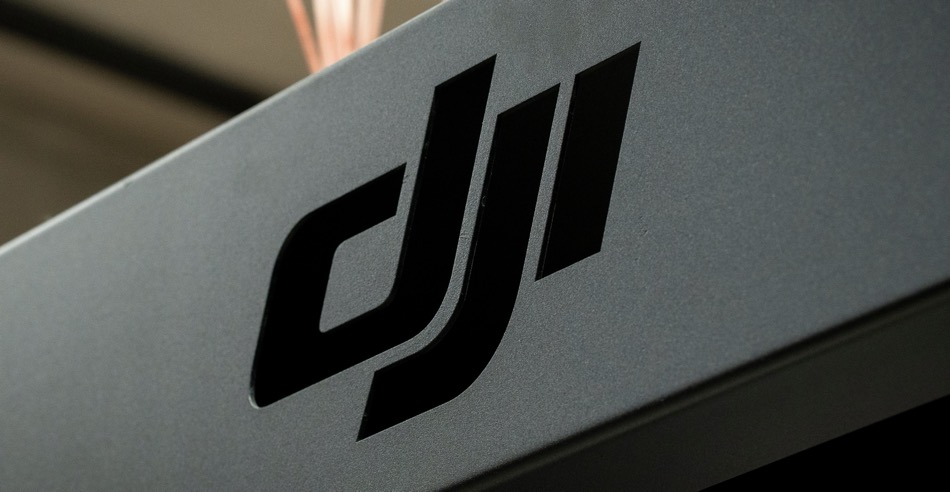
DJI, the world's largest drone manufacturer, has filed a lawsuit against the U.S. Department of Defense (DoD) in the District Court for the District of Columbia, challenging its designation as a “Chinese Military Company” (CMC).
DJI argues that this designation, which links the company to the Chinese military, is incorrect and has caused severe financial and reputational harm. The designation, according to DJI, is based on flawed and outdated information, and the company has been unable to engage meaningfully with the DoD to contest the allegations.
DJI protests national security risk designation
The conflict began in 2022 when DJI was added to the DoD's CMC list, a designation that effectively brands the company as a national security threat. This designation has had significant consequences for DJI, including canceled contracts and lost business.
DJI contends that it produces only consumer and commercial drones, which have been widely adopted by police departments, fire departments, and other first responders across the United States for non-military purposes. The company insists that it has no ties to the Chinese military and is privately owned, with its largest shareholders including its founder Frank Wang and early investors like Henry Lu and Swift Xie.
DJI's delisting petition, submitted in July 2023, sought to clarify its position, arguing that the statutory criteria for CMC designation do not apply to the company. The DoD, however, has consistently refused to provide an adequate explanation or engage with DJI's claims. In January 2024, the DoD redesignated DJI without prior notice or explanation, further exacerbating the company's challenges. DJI has now turned to the courts, seeking to have the designation set aside on the grounds that it violates both the Administrative Procedure Act and DJI's constitutional rights.
The lawsuit underscores broader tensions between U.S. authorities and Chinese technology companies. The DoD's rationale for the designation appears to stem from concerns over military-civil fusion in China, where private companies are thought to contribute to military modernization. DJI, however, maintains that it strictly prohibits the use of its products for combat purposes and adheres to sanctions compliance.
Potential outcomes and consumer impact
The case raises questions about the standards used by U.S. agencies to label foreign companies as security risks, as similar designations against other Chinese companies have been successfully overturned in U.S. courts in the past.
As the legal battle unfolds, DJI continues to push for transparency and hopes to restore its reputation and business in the U.S. market. The court's decision in this case could set a significant precedent for other foreign firms facing similar designations in the future.
This litigation could have significant implications for U.S. consumers, especially those who rely on DJI drones for professional and recreational purposes. DJI dominates the U.S. market for consumer and commercial drones, providing cost-effective and reliable products widely used by photographers, real estate agents, construction companies, and emergency responders.
If the DoD's designation stands, it could lead to restrictions on DJI products in the U.S., resulting in higher prices or fewer options for consumers as domestic alternatives are typically more expensive or less advanced. Furthermore, public safety agencies that rely on DJI drones for critical operations, such as search and rescue missions, may face operational challenges, forcing them to adopt less efficient technologies.







Leave a Reply